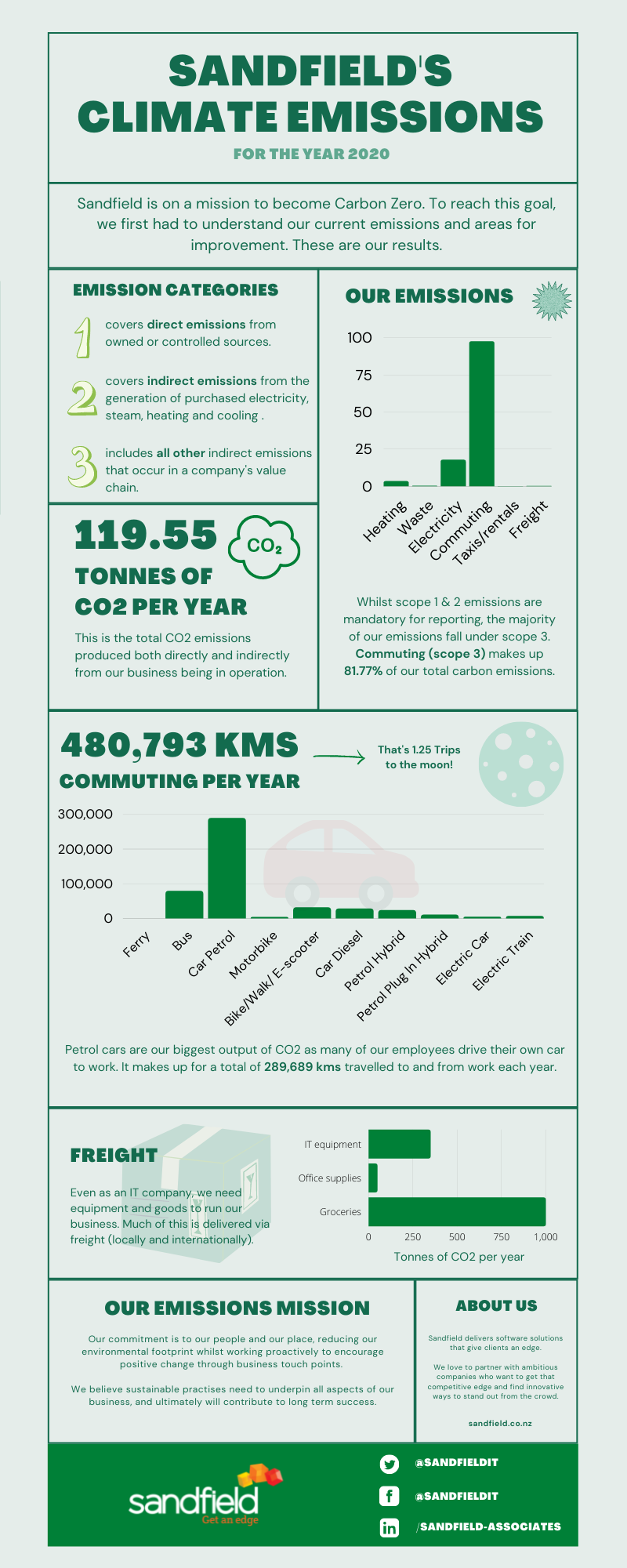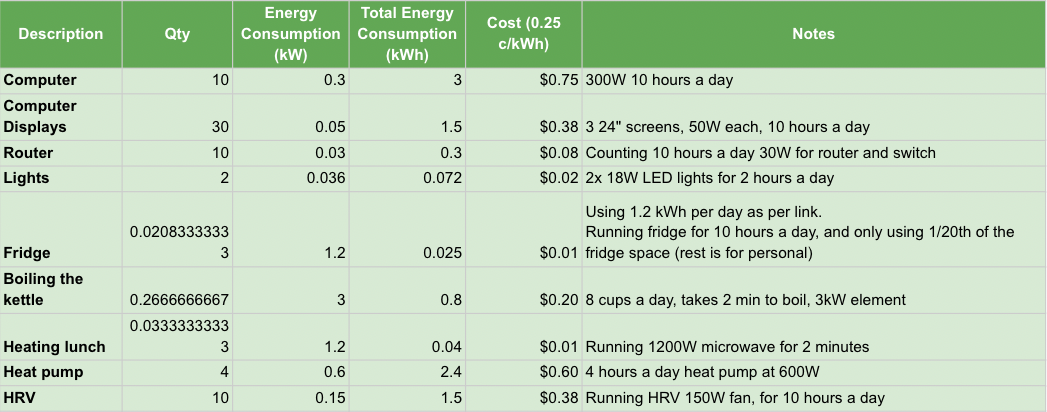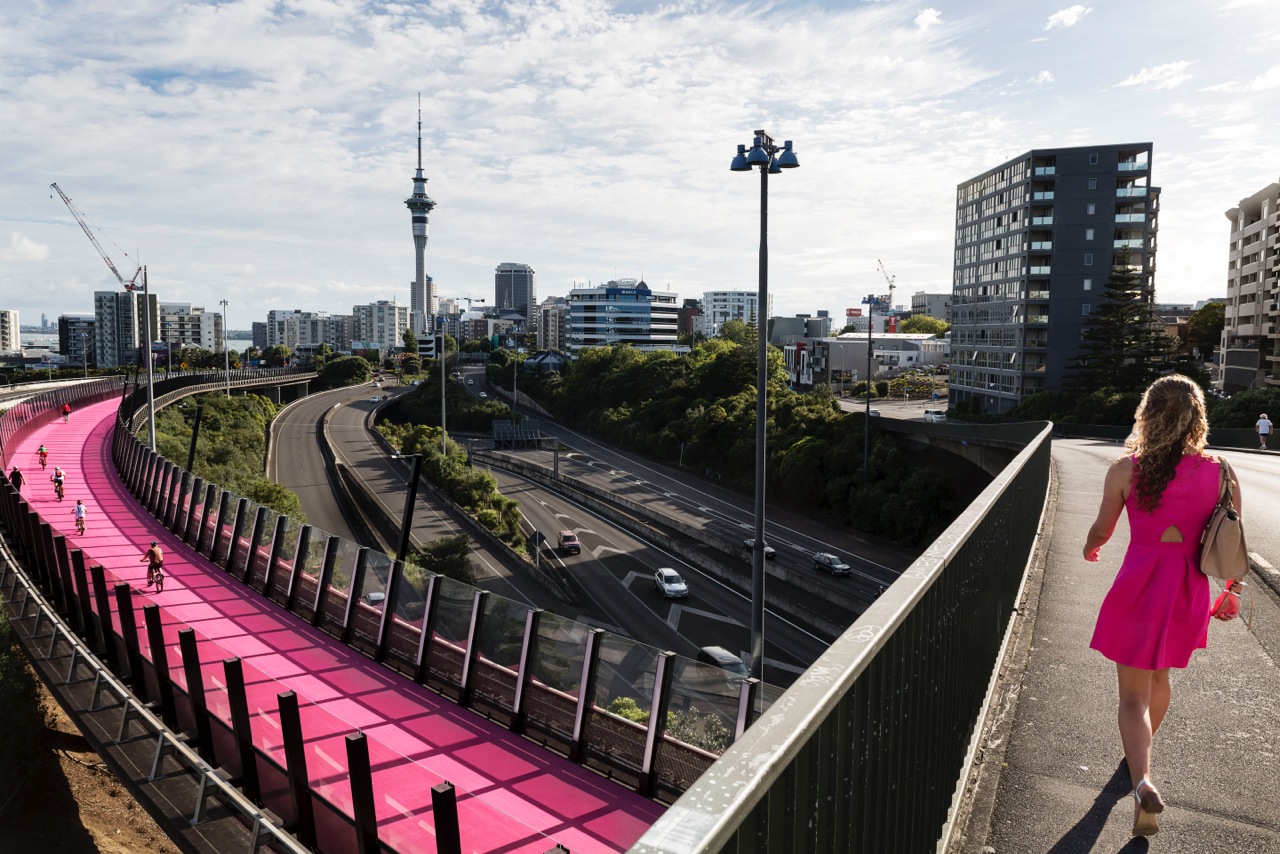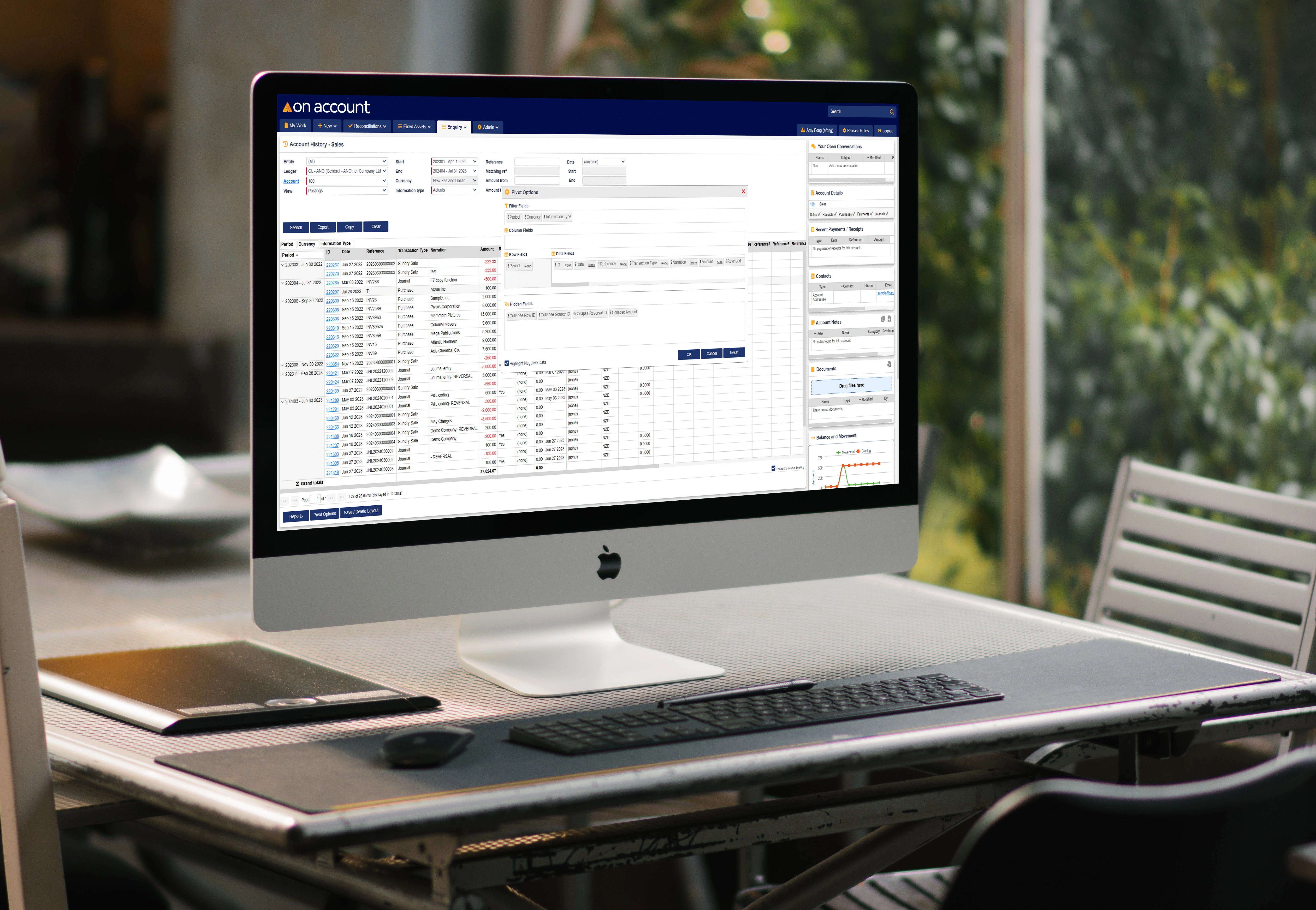In our first article we covered why it is a good idea to go through the process and get certified as Carbon neutral. In short, we thought it would be straightforward, wouldn’t take a lot of effort and when it came to helping our Clients with their Carbon Calculations we would have our own experience to refer to. We’d avoid being caught in a “take my advice, we’re not using it” scenario. Reducing our individual carbon footprint (or shadow) is really difficult, so getting stuck into our business first was a good place to start and our whole team would learn from it.
Treating carbon emission reduction just as an ESG exercise is the wrong mindset. Measuring, reducing and offsetting GHG emissions will reduce costs, waste and inefficiency. It will make the business more profitable and resilient. It’s a disruption opportunity.
Just measuring then offsetting because it’s immaterial to our situation, seems like cheating. Everyone can offset, but where possible we need to actually reduce our emissions. People, Organisations and Nations with more resources should do more to reduce emissions, as this change is the catalyst for environmental innovation.
By challenging ourselves to reduce waste and emissions no matter how trivial gets more of our team thinking about their own situations. If 120 people and their families make changes as a result of our experience we can have a wider impact (que Butterfly).
As the great Peter Drucker said ‘what gets measured, gets managed”
First stage is to measure, this included:
- Weighing our rubbish and recycling
- Digging out and understanding our Power Bill (where the power comes from)
- Asking the Landlord what energy costs were included in our Lease Operating Expenses
- Calculating the Energy used by the likes of AWS who host many of our Servers on behalf of ourselves and our customers
- Travel
We had a healthy discussion about travel which we will unpack in a future blog. The debate was whether to account for Scope 1 - Direct emissions or whether to include Scope 3 emissions which are indirect and are emitted in our value chain. For us, Scope 1 is just when we travel to see Clients onsite, we regard Scope 3 as our team commuting into our office.
Here are our emissions:

Ethical measurement
When it came to measuring our CO2 emissions, we found there to be minimal guides, frameworks and tools to help us do so. Existing tools/services that were available would only account for the high level outputs e.g. total energy bill. What’s more, there is no one verifying what you report. We could have ‘fudged’ the numbers and none would be the wiser.
As a data driven company, we developed our own measuring frameworks which aimed to be as accurate and transparent as possible. Even our remote workers were tracking their individual energy consumption, right down to everytime they boiled the kettle!
We would be happy to share our approach to measurement with anyone embarking on a similar journey.
Here is an example of one of our remote team workers:

Carbon Swamp
We knew that travel to and from the office would swamp our other emissions but everyone was shocked to learn that our team travels over 480,000 km a year to and from the office. Typical for Auckland, the preferred mode of transport is a petrol powered, single occupant vehicle.
The arguments against including Scope 3 emissions, in our case our team’s travel:
- It’s not required in order to be certified carbon neutral
- Where our team chooses to live and how they travel to work isn’t under our control
- These are personal emissions and should be reduced or offset by the team
- Lets not worry the Emissions Trading Scheme (ETS) will look after it
What are your thoughts, should professional services businesses take responsibility for the GHG emissions of their team travelling to and from work?













